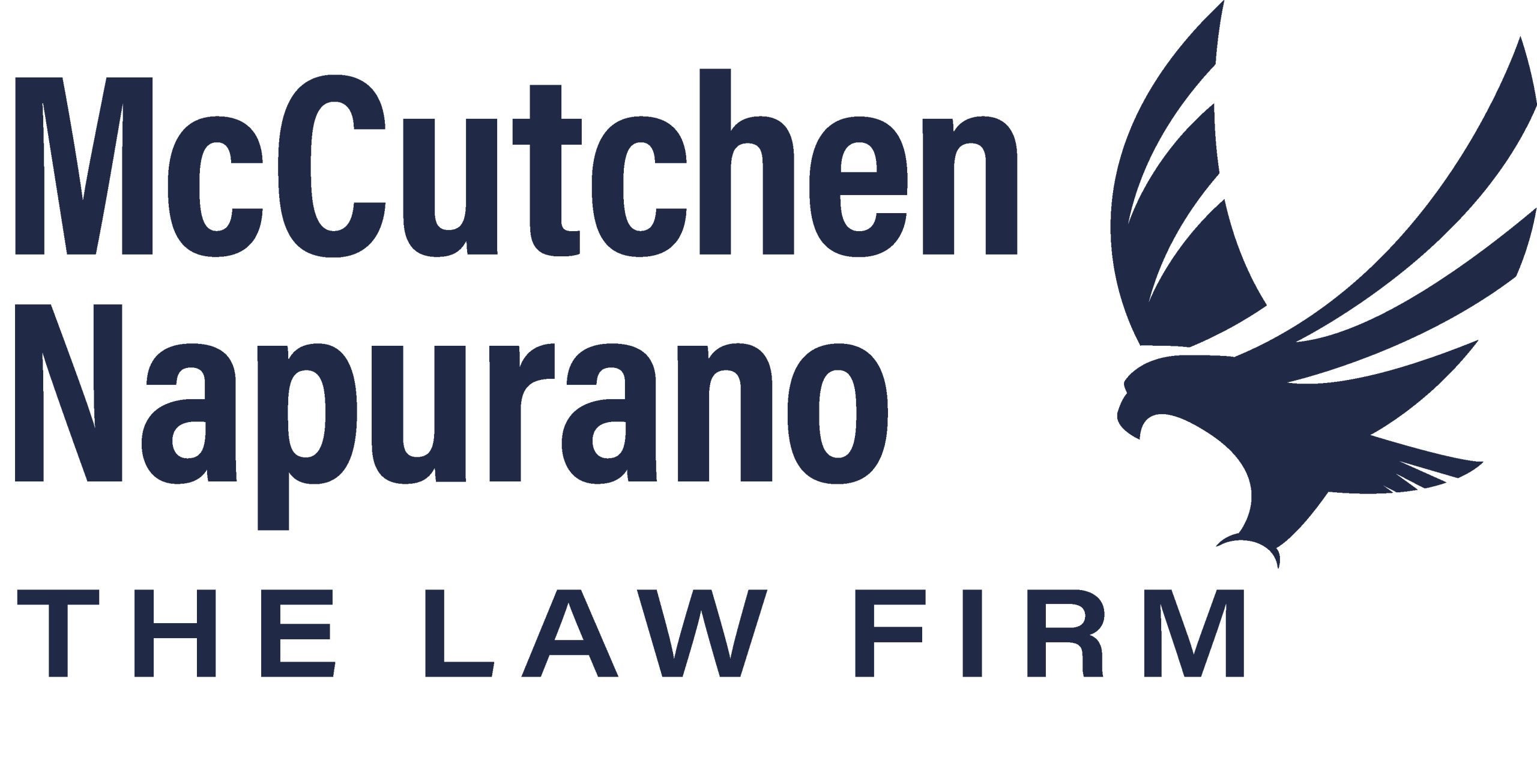Posted on Tuesday, February 1st, 2022 at 10:25 pm
 If you have suffered a traumatic brain injury (TBI) due to the recklessness or negligence of another party, you may be entitled to compensation. However, to receive full and fair remuneration, it will be necessary to make a compelling case to prove to insurance companies or courts that you have experienced serious harm.
If you have suffered a traumatic brain injury (TBI) due to the recklessness or negligence of another party, you may be entitled to compensation. However, to receive full and fair remuneration, it will be necessary to make a compelling case to prove to insurance companies or courts that you have experienced serious harm.
A seasoned personal injury lawyer can do the important work of gathering the results of medical tests, obtaining eyewitness accounts, and enlisting brain trauma experts to provide testimony. The personal injury attorneys at McCutchen Napurano - The Law Firm are experienced with defending clients with brain injuries and have the knowledge to help you prove your TBI and secure fair compensation for the life-altering injuries you have suffered.
What Is a TBI?
A TBI is generally the result of either a forceful impact to the head or a severe jolting of the body. In some serious cases, the force of the object may fracture or penetrate the skull, resulting in particularly significant injuries. The damage from a TBI can vary in severity. Some relatively mild cases may be temporary, but others may result in longer-term health issues and cognitive conditions that require ongoing care and treatment. The damage people experience can occasionally lead to lifelong pain and reduced physical and/or mental ability, and some TBIs prove fatal.
If you or a loved one was involved in an accident that resulted in a brain injury, please don’t wait any longer to reach out to us to discuss your case. We may be able to help you secure compensation for the injuries and hardship, financial and otherwise, that you have suffered.
Proving Traumatic Brain Injury in Court
After someone suffers a TBI, it can be incredibly frustrating to “prove.” Loved ones may feel that the heartbreaking effects on the victim’s personality are so obvious that jumping through so many legal hoops is just a cruel and unnecessary exercise. However, courts and insurance companies do require that rigorous processes take place to verify a TBI before they will be ready to award any compensation. The window of time in which this is possible is small, so having a skilled attorney to help you build a persuasive case is essential.

Five Sources of Evidence for Proving a TBI
Together with the many different kinds of evidence that will be produced to support your claim, these five can lend weight to your claims about your condition.
Computerized Tomography: This diagnostic method, also known as a CT or a CAT scan, employs X-rays to take images of the brain from different angles to create a comprehensive picture. It can be particularly useful for identifying bleeding, bruising, and other instances of damage in the brain.
Magnetic Resonance Imaging: An MRI uses radio waves and magnets to map the brain in detail. Because it can provide a higher-resolution picture of the brain, medical professionals often employ an MRI if a CAT scan does not provide enough detail of the location or extent of the soft tissue injury.
Glasgow Coma Scale: This is a test of brain activity that a healthcare professional will conduct in a one-on-one setting with the accident victim. The scale measures the functions of speech, eye movement, and agility via a series of standardized questions. A person who has a score above 13 generally has a mild condition. A score of 8 or below, on the other hand, tends to indicate a serious TBI. In the time following a brain injury, healthcare professionals also use this scale to monitor the degree to which a person is improving or worsening over time.
Intracranial Pressure: An ICP test is an invasive procedure that often becomes necessary if there is swelling of the brain. It involves inserting a probe into the person’s skull to both monitor any swelling that has occurred and prevent further damage from taking place. If a doctor decides to request an ICP, it is likely that the accident victim has sustained a serious injury.
Witnesses: The most vital element in a brain injury case is the testimony of witnesses. These can include people who have expertise in TBIs, such as neuropsychologists, neurologists, or rehabilitation doctors who are able to explain to a jury the seriousness of the brain injury and its life-altering consequences on the survivor. Perhaps even more important, though, are “before and after witnesses.” These are people who had a close relationship with the trauma survivor and remained close with them afterward. These people are capable of testifying about the effects of the TBI on the victim’s life.
Contact McCutchen Napurano - The Law Firm for a Brain Injury Consultation
If you or someone you care about has recently sustained a head injury and are experiencing symptoms such as headaches, dizziness, nausea, fatigue, difficulty forming words, unusual mood swings, seizures, or loss of consciousness, you will want an experienced team of brain injury lawyers to fight by your side. The Arkansas brain injury lawyers of McCutchen Napurano - The Law Firm can help you organize your case so that you can get the compensation you deserve.
We have helped many people with cases just like yours. Our clients say we are compassionate, courteous, and persistent. You don’t pay unless we win. You have nothing to lose.
Call us today on (479) 783-0036 or reach out to us online to set up a free initial consultation.




